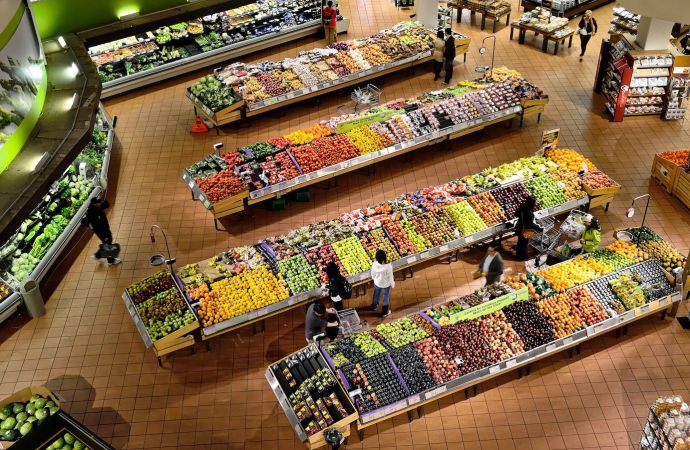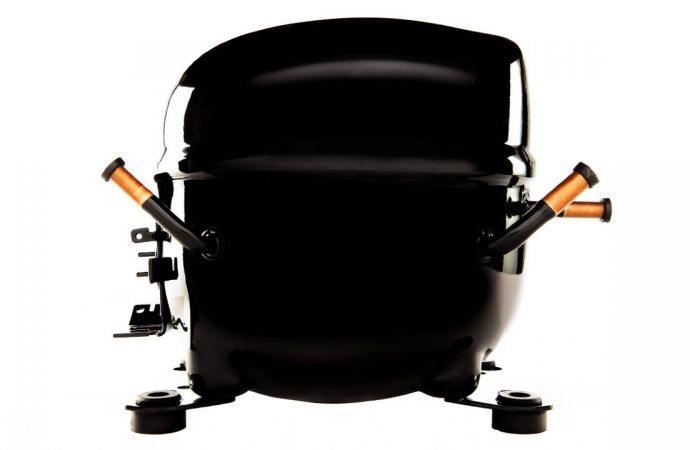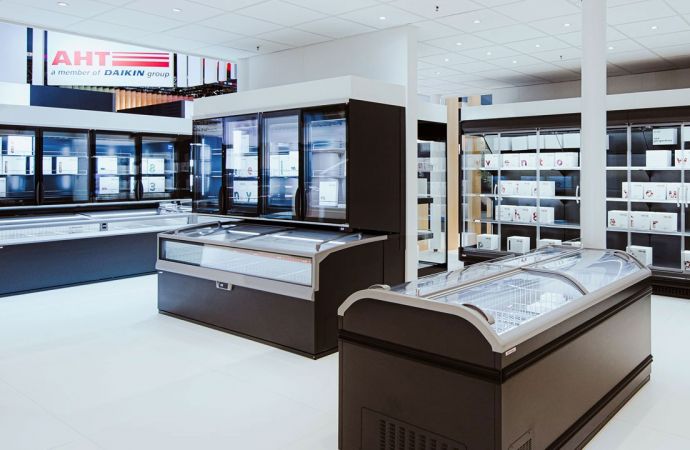A landmark report from the SuperSmart project calls on the European Union to introduce an Ecolabel for food retail stores in Europe.

Amid regulatory pressure on retailers to reduce the environmental footprint of their activities, a landmark report from the SuperSmart project calls on the European Union to introduce a voluntary Ecolabel for food retail stores in Europe.
The report – entitled ‘Development of the EU Ecolabel criteria for food retail stores’ – sets out the environmental, technological and social aspects involved in building, equipping and maintaining Europe’s future food retail stores.
“This new report is a first concrete step to convince the EU Ecolabelling Board that a voluntary but ambitious label for the food retail sector will drive innovation,“ said Nina Masson, chief strategy advisor for special projects at shecco and co-author of the chapter on market analysis and available certification schemes for energy, environmental management and sustainable building practice.
The report – to which shecco contributed a chapter on market trends and available certification schemes for sustainable buildings – outlines the scope, definition and legal framework for the potential new label. It also offers market analysis and an overview of existing technical Life Cycle Assessment studies.
Reducing food retailers' environmental footprint
Food retailers leave a significant environmental footprint across their value chain. The report reveals how voluntarily fulfilling a set of criteria under the new Ecolabel would help them to reduce this.
“Driven by regulatory change, food retailers and their partners for refrigeration, cooling, heating and integrated energy management are challenged to think ahead,” Masson said.
“They might use this future EU Ecolabel as a way to showcase their efforts towards their customers, and make sure they stay ahead of the curve for technology choice, environmental management best practices and a life cycle approach,” she added.
This new report is a first concrete step to convince the EU Ecolabelling Board that a voluntary but ambitious label for the food retail sector will drive innovation.“
– Nina Masson, shecco
With EU legislation such as the F-Gas Regulation and the Eco-Design Directive obliging food retailers in Europe to become more sustainable throughout the value chain, natural refrigerant technologies are just one of the innovations that can help them to reduce the environmental footprint of their stores.
Among the categories in existing Ecolabel criteria, the report suggests including energy, water, detergents, waste, general management, and other services in the new food retail scheme.
It also provides an overview of existing national eco-labelling schemes specifically for food retail stores, such as the Blue Angel or the Nordic Swan labels, which could serve as a reference for developing EU-wide homogeneous criteria.
For information on how to engage with the SuperSmart project at upcoming events such as ISH in Frankfurt on 15 March, please click here.
For more information about the SuperSmart project more generally, please click here.
Related stories




